When it comes to sustainable and reliable energy, solar power is a prepper’s dream. It’s not just about keeping the lights on—it’s about self-sufficiency, protecting the planet, and being ready for anything life throws your way. Whether you’re preparing for a natural disaster, power grid failure, or just looking to reduce your reliance on traditional energy sources, understanding solar power can give you the edge. Best of all, with the right knowledge, setting up a solar power system is more accessible than ever before.
In this guide, I’ll walk you through the key aspects of solar energy, breaking it down so it’s easy to grasp and even easier to put into practice. By the time you’re done reading, you’ll feel confident about how solar power can fit into your prepping plans. Let’s shed some light on how you can harness the power of the sun to stay prepared.
How Solar Power Works
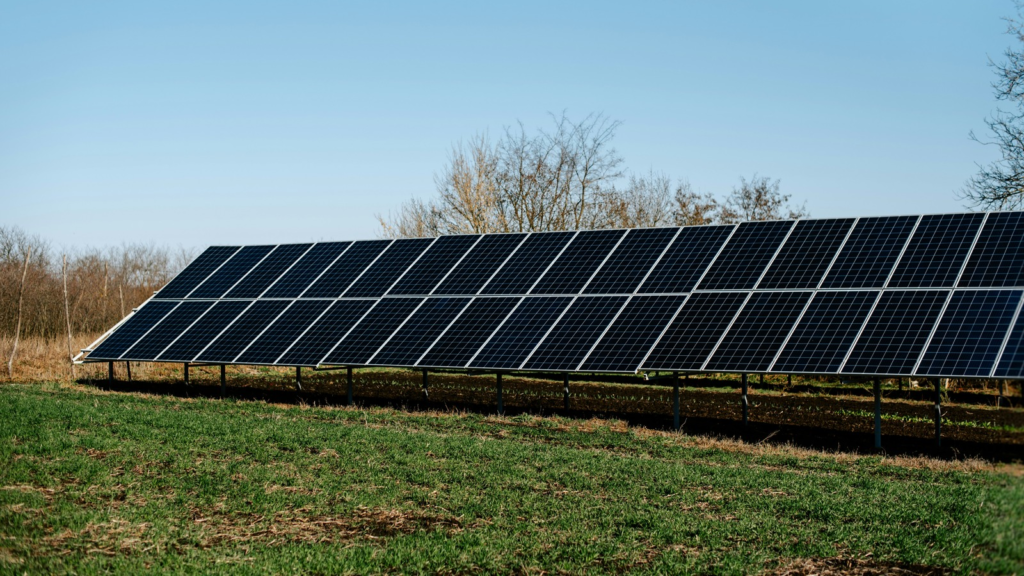
Solar power systems use photovoltaic (PV) panels to convert sunlight into electricity. The panels are made of semiconductor materials like silicon, which generate an electric current when exposed to sunlight. This electricity is either used immediately, stored in batteries for later use, or fed into the grid.
Understanding the basics of how solar panels work helps you make better decisions about what kind of system you’ll need. For preppers, the most important takeaway is that sunlight is free and abundant, making solar power a highly sustainable energy source.
Why Solar Power Is Perfect for Preppers
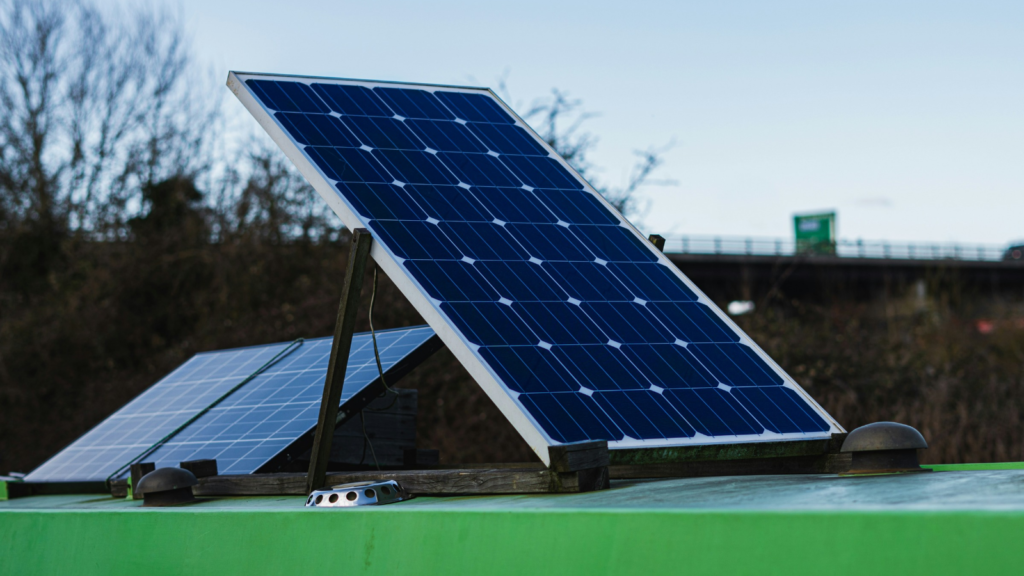
Solar power is one of the most reliable forms of energy, especially during emergencies. Unlike fuel generators, which require constant refueling and can be noisy, solar panels operate silently and without ongoing costs once installed. They’re durable and designed to last 25 years or more with minimal maintenance.
In survival situations, having your own renewable energy source means you’re not dependent on fuel supplies or the power grid. This peace of mind is invaluable when prepping for uncertain times.
Types of Solar Setups to Consider

There are three main types of solar systems: grid-tied, off-grid, and hybrid systems. A grid-tied system connects to your local utility, allowing you to offset electricity costs and sell excess power back. An off-grid system is fully independent, relying on solar panels and batteries for all your energy needs. Hybrid systems combine the best of both worlds by remaining connected to the grid while also utilizing batteries for backup power.
For preppers, off-grid and hybrid systems are often the most practical. These systems ensure that you have power even if the electrical grid goes down.
Choosing the Right Solar Panels
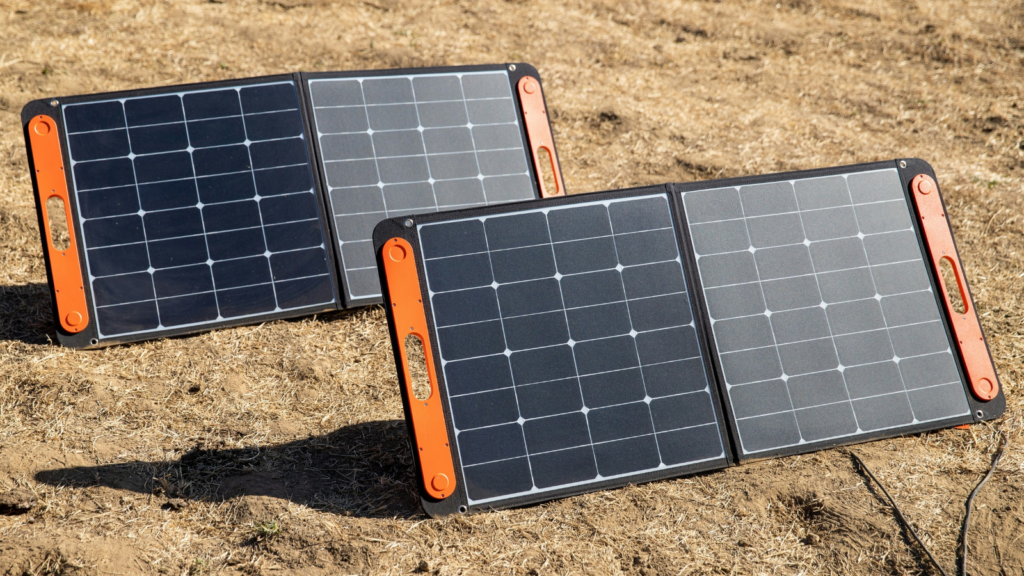
Solar panels come in two main types: monocrystalline and polycrystalline. Monocrystalline panels are more efficient and space-saving but tend to cost more. Polycrystalline panels are less efficient but more budget-friendly. For prepping, consider efficiency and durability over upfront cost, especially if you’re working with limited space.
Portable solar panels are also an excellent option for preppers who need flexibility. These compact systems can power small devices and are perfect for bug-out bags or emergency kits.
Storing Solar Energy for Emergencies
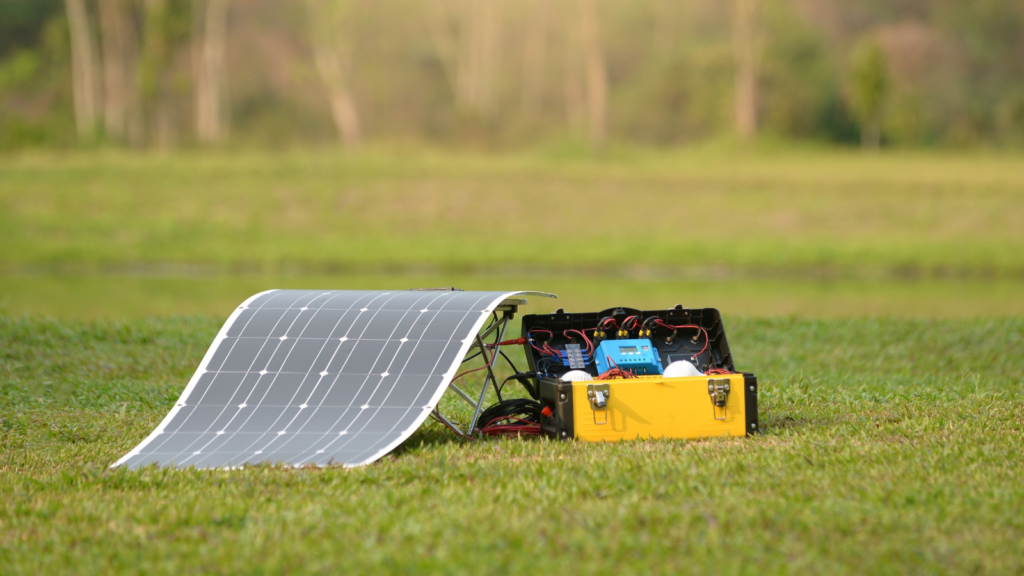
A solar power setup isn’t complete without a way to store the energy you generate. Batteries are essential for off-grid systems and hybrid systems alike. Lithium-ion batteries, such as the Tesla Powerwall, are lightweight and have a long lifespan. Lead-acid batteries are cheaper but heavier and less efficient.
When planning your storage, think about how much power you’ll need during the night or cloudy days. It’s better to overestimate than underestimate, as running out of power in an emergency is something no prepper wants to experience.
Maintaining Your Solar Power System

Solar panels are low-maintenance, but they’re not entirely hands-off. Regularly cleaning the panels ensures they capture as much sunlight as possible. Check the system for wear and tear, especially connections and wiring, which can degrade over time.
For preppers, maintenance is about preparedness. A well-maintained system will serve you reliably for years, providing power when you need it most. Plan to inspect your setup seasonally and after extreme weather events.
Solar Gadgets Every Prepper Should Own
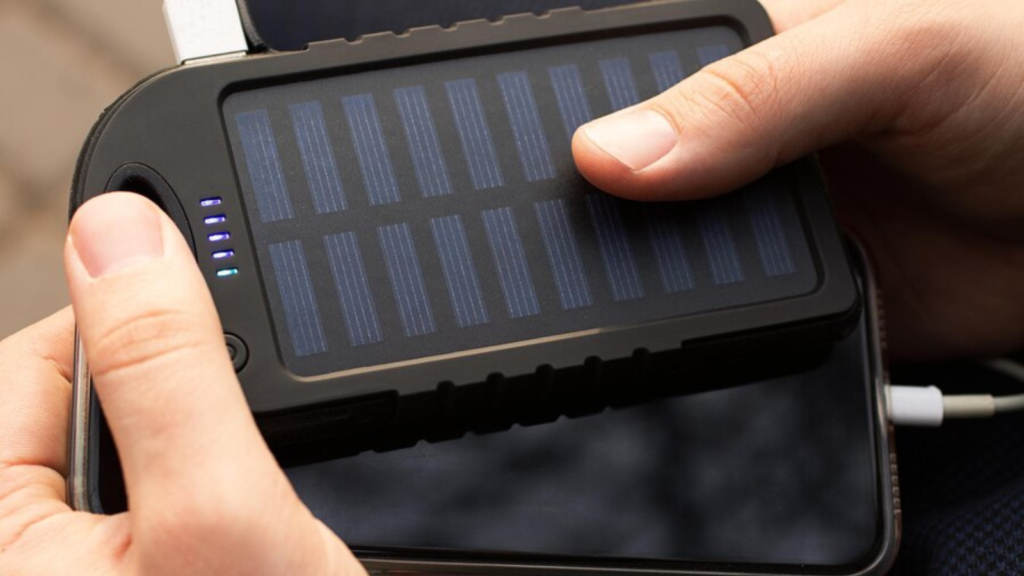
Solar power isn’t just for your home—it can be portable, too! Consider investing in solar chargers for your devices, solar-powered lanterns for lighting, and even solar ovens for cooking. These gadgets are lightweight, durable, and highly practical in emergency scenarios.
Adding these items to your prepping supplies ensures you have multiple ways to harness solar power, no matter where you are. They’re great for camping trips, bug-out bags, or as backups to your primary solar system.
Overcoming Common Solar Power Challenges
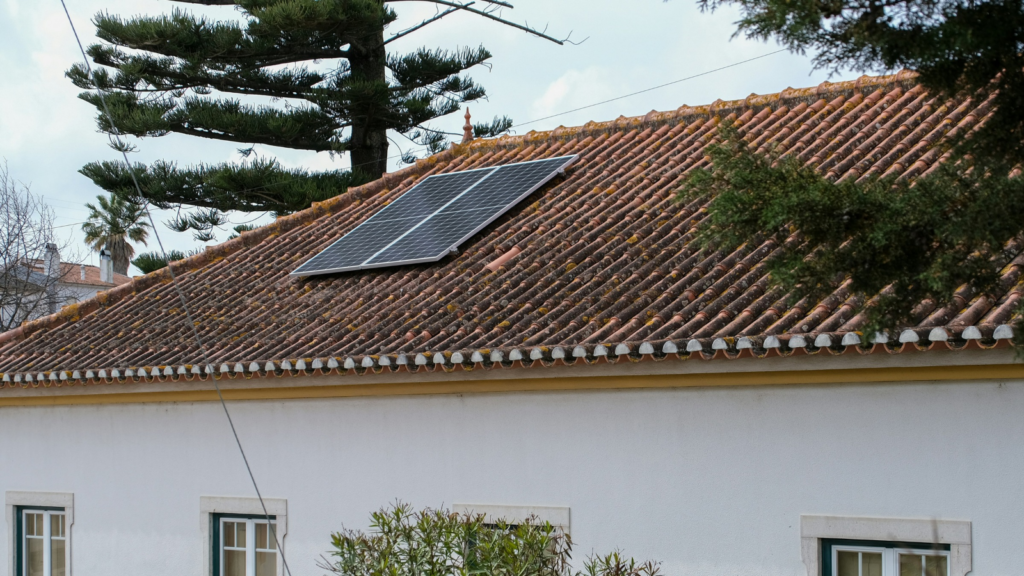
While solar power is incredibly useful, it does have its challenges. The upfront cost can be high, and not all locations get enough sunlight year-round. However, federal and state incentives can lower installation costs, and modern battery technology makes storing energy more practical than ever.
Another challenge is ensuring you have enough panels and batteries to meet your needs. Start by calculating your energy usage and gradually expand your system if necessary. Even a small setup can make a big difference in an emergency.
Getting Started With Solar Power
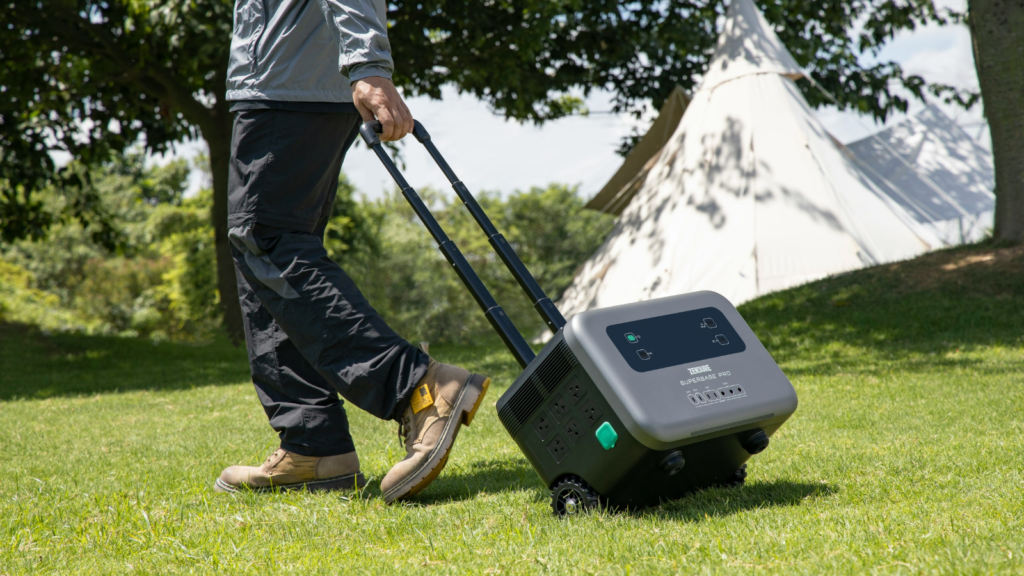
Transitioning to solar power doesn’t have to be overwhelming. Start small by using solar chargers or a portable power station. Gradually build your system as your knowledge and budget grow.
For preppers, the key is to start sooner rather than later. Every step you take toward solar energy brings you closer to true independence and resilience.

